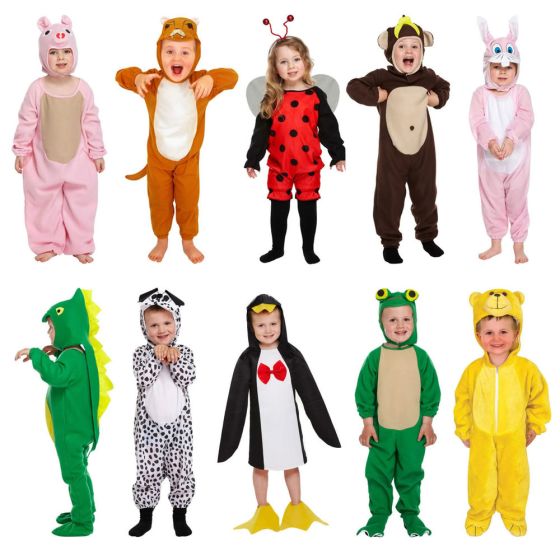Role-play or play-enacting is a great way to have fun, express emotions and also build relationships. It’s suitable for all ages and at every stage of life we all experience a range of events that shapes our outlook. Role-play helps us release feelings so we can evolve our personality and have better bonds with everyone.

- Babies Roleplay of Expressions (3 months – 3 years)As babies enter infanthood, they start getting aware of the sights, sounds, people and things around them. At this stage they crawl, sit, walk and move a bit on their own. To express, they babble, point out excitedly, make loud sounds, raise their eyebrows, smile, frown, laugh or cry depending on how they are feeling. Their role-play is thus full of myriad expressions which leave everyone amused.

2. Toddlers Roleplay of Cute Antics (3-6 years)
At this stage, children are able to do things on their own- they run, jump, dance, start speaking and even sing! Their role-play is very cute with their enactments of birds, animals, nursery rhymes and cartoon characters that they come into contact with in everyday life through nursery school and media. This builds the foundation for their socialising skills, creativity and general intelligence.

3. Young Children’s Imaginative Roleplay (6years – 12 years)
This phase of young children involves growth! They are greatly influenced by the people they are in regular contact with – parents, elders, aunts, uncles, grandparents, teachers and more. They also start relating to fantasy characters like princesses, warriors, pirates, fairies and elves. They enjoy pretend play – house games, doll dress up, doctor-doctor, jungle jungle and more. Their role-play involves a lot of action, music, dance and drama – children even imitate accents, mannerisms, dialogues and songs!

4. Teens Stylish Roleplay (12 years – 18 years)
As teens, children go through many physical, emotional, mental changes which decides whether they are introverts, extroverts, or a balance of both. Girls tend to get very vain and enjoy enacting games which involve dressing up with fancy make-up, cool accessories and stylish clothes. Boys tend to lean towards sports and show a great interest in athletics. Wrestling, running, cricket, football are all some of the activities where they imitate their favourite sports role-models. For boys and girls, role-play tends to get competitive, strategic and requires a lot of harmony.

5. Role-model Roleplay (18years and above)
Even older adults and elders participate in role-play. Their enacting often involves stories that will entertain grandkids, inculcate values and teach them important things. These kind of family role-plays help kids grow into responsible & compassionate adults.
Which kind of role-play do you enjoy watching? What do you want your child to emulate? Share your story with us and get featured on the blog.
